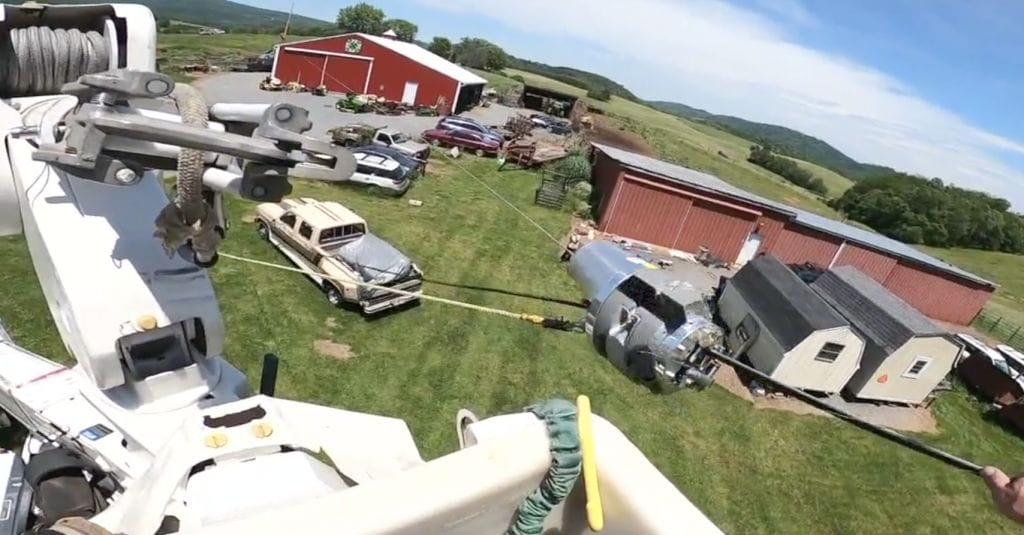
In the age of coronavirus, the internet has become more crucial than ever for working families, but many of our communities can’t get high speed internet at all. Next month the FCC begins phase one of a $16 Billion dollar plan to wire up more rural areas but today we find out what happened to the billions of tax dollars already spent for that purpose.
Sharyl: Life in the Virginia countryside comes with beauty, serenity and for some, a big drawback. No high-speed internet.
Kim Manion: I don’t have any internet at my house at all because my house unfortunately is a spot that is a dead zone for cell phones.
Sharyl: Kim Manion is a fourth-grade teacher at Millboro Elementary in Bath County, Central Virginia. To do any work online, she has to go to school or hotspots in parking lots. Same for about a quarter of her students.
Manion: They are still missing out because the bottom line is the other kids are learning how to be familiar with technological devices.
Sharyl: It has to do with the bottom line, how far they have to lay a line and how much it would cost to reach just one house.
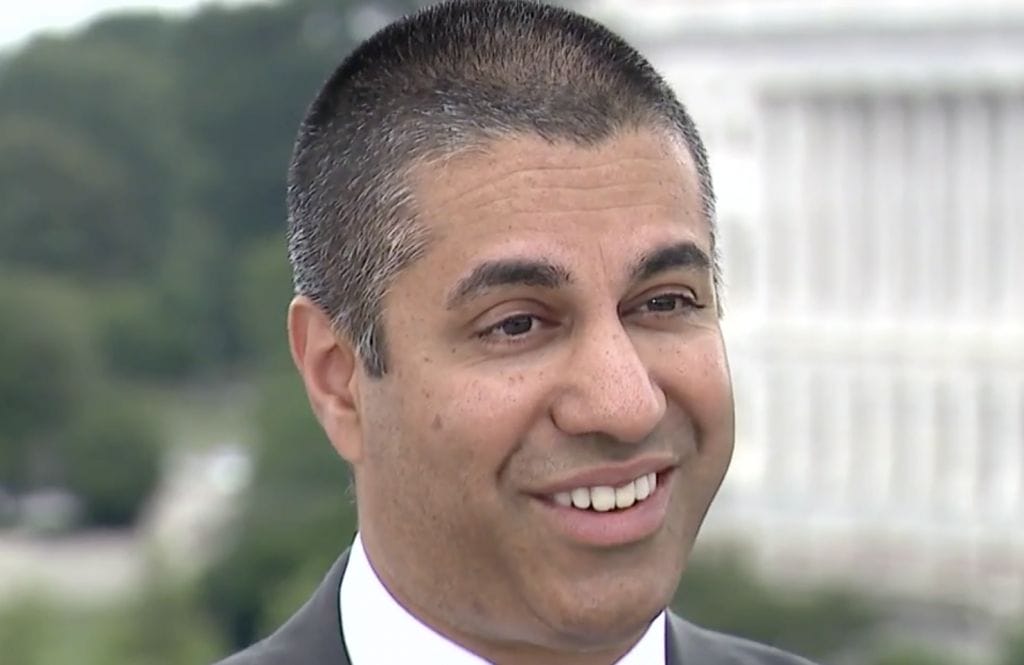
There are more than 18 million Americans without high-speed internet. Companies like AT&T, Comcast and Verizon won’t spend the money it takes to lay the cable or fiber optic lines to relatively few customers.
That’s where customer-owned co-ops are entering the picture. Here in Virginia it’s the Bath, Alleghany, and Rockbridge Counties Electric Cooperativeor BARC.
BARC installer Dustin Wallace says a lot of houses out this way have only satellite internet, if anything; slow and expensive.
Sharyl: You’re too young to remember, but in the old days we had like dial up on a modem.
Dustin Wallace: I remember at my Grandpa’s house.
Sharyl: Wait for the connection to clear.
Wallace: Yeah. I remember it perfectly clear at my Grandpa’s house.
Sharyl: So some people aren’t too far past that.
Wallace: No, it’s actually, yeah, it’s pretty similar.
Sharyl: Today, he’s bringing a better connection to Bob Williams.
Sharyl: What is the new service going to allow you to do?
Bob Williams: Overall, it’s going to save a lot of money in monthly fees, but in, in this process, we’re going to get a faster, more reliable internet service than we’ve had.
Sharyl: A few miles up the road is Keith Swisher’s beef cattle and grain farm.
Keith Swisher: I started out with dial up. And then we went from dial up to, I believe we went next to the satellite. And it was all so frustratingly slow that I almost gave up on using the internet.
Sharyl: What types of things would happen if you tried to do something?
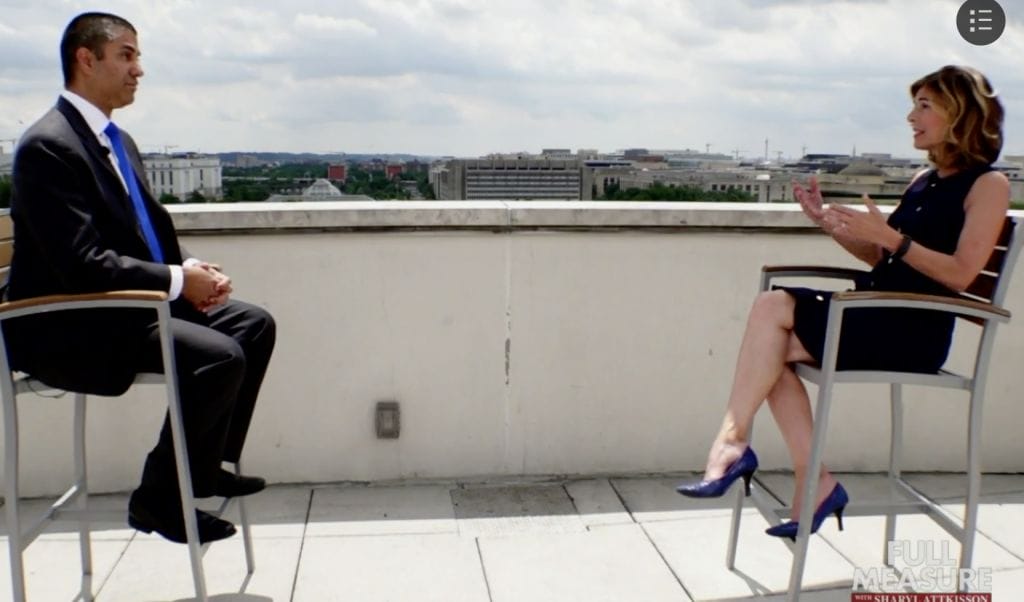
Keith Swisher: Well, if you tried to open a newspaper, a lot of times it would time out and just cut off before it would ever load. And it’s so frustrating to try to look up something, you know, for parts or information, it just took forever.
Sharyl: The fact is, to some, access to the internet is becoming as vital as electric power.
News reel announcer: The poles went up. The wires were strung.
Sharyl: The federal government helped bring power to the rural south in the 1930s.
Newsreel announcer: And there was light. Yes, there was light. But more than just the light of illumination.
Mike Keyser: Anybody living outside of the towns of the cities that didn’t have power, so co-ops were formed to bring power to those areas.
Mike Keyser is CEO of BARC Electric Cooperative.
Keyser: 70, 80 years later here, we are basically doing the exact same thing with broadband, getting loans from the federal government to bring, and grants, to bring broadband out to people that are unserved, because it’s not profitable for, for-profit companies to do that.
Sharyl: So do you know anything about how when the electric came in and how that worked?
Swisher: Oh, I’ve heard my father speak of it often. It was put in in 1938 and they were very welcoming to have electricity finally, in this area.
Sharyl: Did you say you think your grandfather or some of the other farmers around here helped with that?
Swisher: Yes.
Sharyl: Tell me about that.
Swisher: When the construction of the lines came through and when it passed individual’s property, they would go out and help the people put the poles in and string the wire. They were that eager to have electricity out here.
Sharyl: It’s not easy or cheap. Here BARC crews are rolling out fiber optic cables along the existing telephone poles. This part of the labor alone would cost the equivalent of $5,000 per household. But since the BARC co-op is a not for profit and customers are the owners, BARC pays the upfront costs and gets paid back by the monthly customer payments over many years.
With so many millions still disconnected, the Federal Communications Commission is spending $20.4 billion over the next ten years to help bring fast internet to more unserved areas. Phase One of the Rural Digital Opportunity Fund in October makes $16 billion available. A lot of the money will go to co-ops— like BARC.
Sharyl: So, is it fair to say you think there should be more accountability of this federal money that’s going out the door to companies that are supposedly serving more people with internet?
Ajit Pai, FCC Chairman: Absolutely.
Ajit Pai is chairman of the Federal Communications Commission. He says under the 2009 stimulus bill, billions of dollars went to giant internet providers to connect rural residents, but today we don’t know how many people actually got the benefit.
Sharyl: Is there a way to quantify how much money these big companies have gotten and how many people they really have served or how much internet has been brought to rural areas?
Pai: Unfortunately, we know that billions went out the door, but there was not accountability on the back end. These companies didn’t have to report how they were using these subsidies to deploy broadband infrastructure. So under my administration, what we’ve done is to create an online database where these carriers that receive subsidies going forward, have to register the exact Geo-coded locations where they’re providing service. If they miss these metrics that we’ve provided for them over the course of the years, they have to pay some of the money back potentially and be subject to enforcement action.
Sharyl: Do you expect that these organizations called co-ops will play larger role maybe than they have in the past and receiving these funds and wiring up rural areas?
Pai: Absolutely. If you’re willing to do the job, then you’re eligible for this funding. So I hope that co-ops will play a big part in this.
Sharyl: BARC is getting $5.2 million dollars in federal money over ten years to help with the cost off connecting more than 2,500 homes.
Keyser: In our case, we’re passing every single electric member when we’re done. So that’s 13,000 there. Right now, I mean, we can’t build it fast enough. Everybody wants it every direction that we’re going; inside and outside our territory.
Sharyl: Now, Swisher has fast internet thanks to BARC, he can look up prices, order parts, check the news.
Kim Manion, the teacher, is on the waiting list.
Along with more than 18 million others, still living a peaceful but largely disconnected life in the American countryside.
Sharyl (on camera): And since our visit we checked in, Teacher Kim Manion is off the waiting list and now has broadband service at home.
https://fullmeasure.news/news/cover-story/the-internet-divide
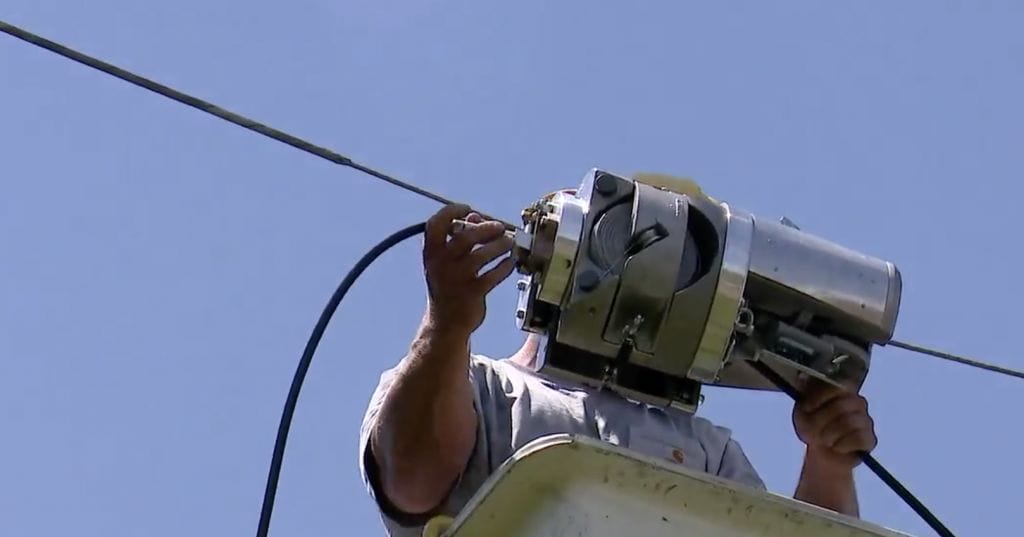
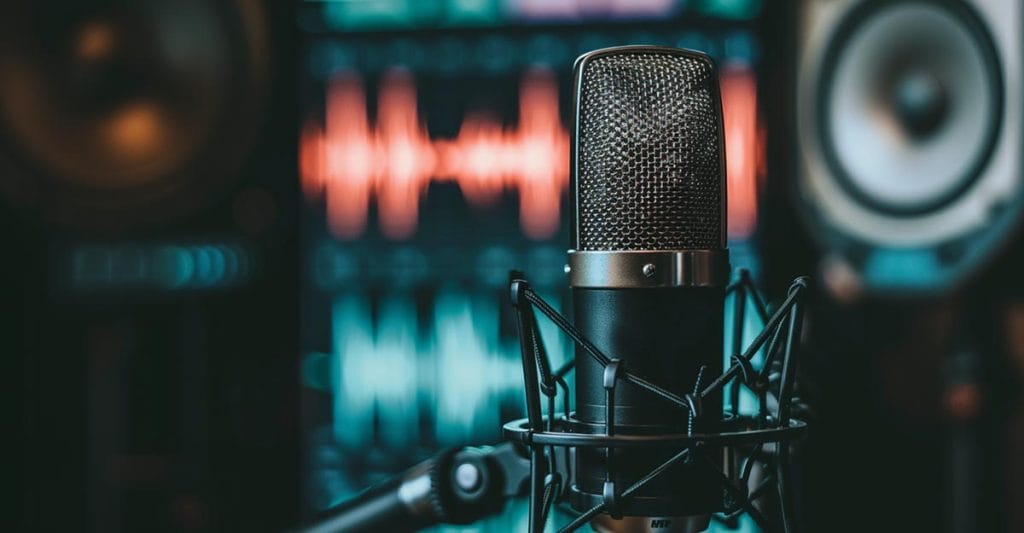


It needs to be said that wide spread High Speed Internet by wire is a reasonable thing. 5G in fact all wireless communications needs a deep dive… It is not safe.. we have known of the dangers of RF radiation for more than 60 years. FR induced Cancer and the consequence of Cancer has not been addressed.. It cannot be mitigated in any meaningful way it must be eliminated.. RF Pollution is one of the greatest dangers the “High Tech World” has created (although not the only one)…
Facts ;With High speed internet and 5G networks comes High speed hacking in and out live, without the need of left over Trojan ware detections !. With 5G they won’t need Trojan ware they can Do IT Live while you piddle online with your Browser, With all these various Sub-connection’s at the speed Of light… Talk about Insider Trading instant rip off of your Data and Intellectual property ? I doubt your Anti-Virus can keep up with with all these Live Sub-connection’s adding from your original active connection = System’s > Hardware > Device Manager Extra Sub-connection’s in Network Adapter’s . Be aware most of these are not needed to use the internet and Post a High risk to Back door Live Hacking.. I disabled most of them… “What concern’s me most is all the people doing this activity like Data Brokers, Hackers, Companies collecting your Data like HP user Data systems collections bad Employee’s, or ,maybe a Bad Microsoft Live employee collecting your info and Going Home selling your info to the online black market hey learned from others ? getting Rich insider trading your info and intellectual property or CHINA, Russia…?? Before I discovered this activity years ago, I shut off system Wi-Fi , Blue tooth and Cellular , And yet Windows Still recorded Warnings of Active unknown connections being made to computer. during the Times I disabled the internet and all these..???’ TALK ABOUT INSIDER TRADING ? In my opinion the Worse engineering mistakes made by Device manufacture’s was to put a Multi-communications Radio circuit’s switch capabilities inside these devices . Example: “You Live keep his Anti-virus Busy with a approved safe connection than we will make sub-connections off of that, while I use another Sub-connection to Get all His info and Data in the background Live in the next 30 seconds, he won’t even know we took it ? Believe me all this stuff is being recorded by Microsoft Windows logs and I’m telling you the Truth here.. We Need a Real Cyber Crime Bill people in Congress instead of anything Goes live Wireless Cowboy Rodeo, with you and I and other American’s being the Bull’s getting Ridden to the cleaners in live Cyber Crime Rodeo rip off’s ?. ” The pursuit of Democracy is the First casualty of Freedom _ Wm. Andrews